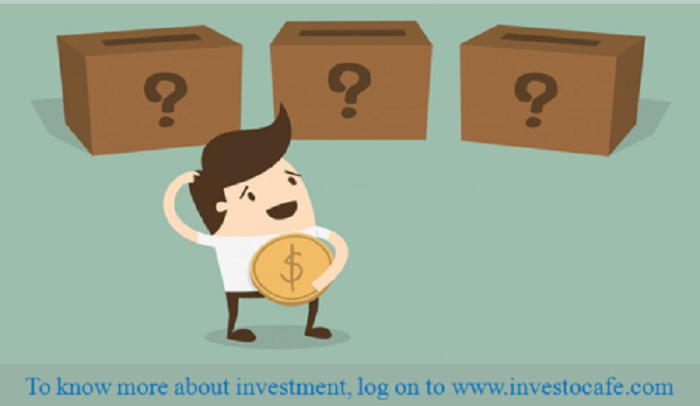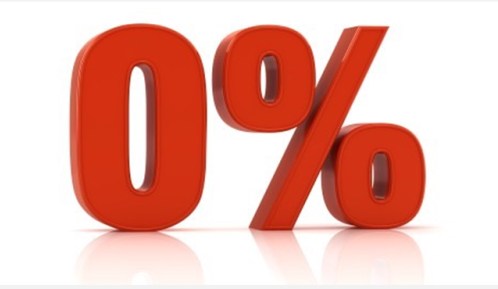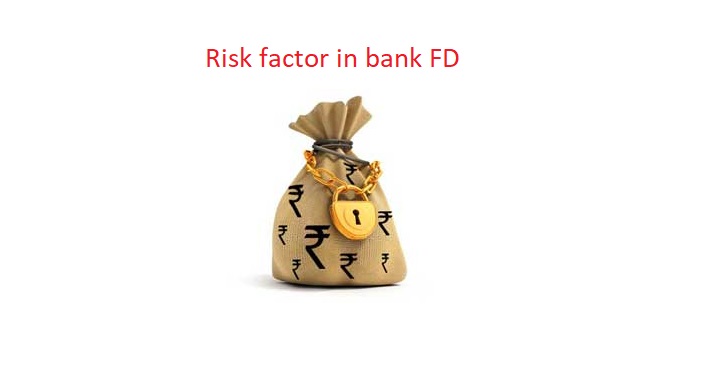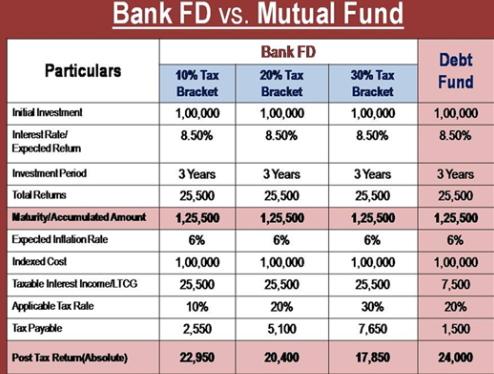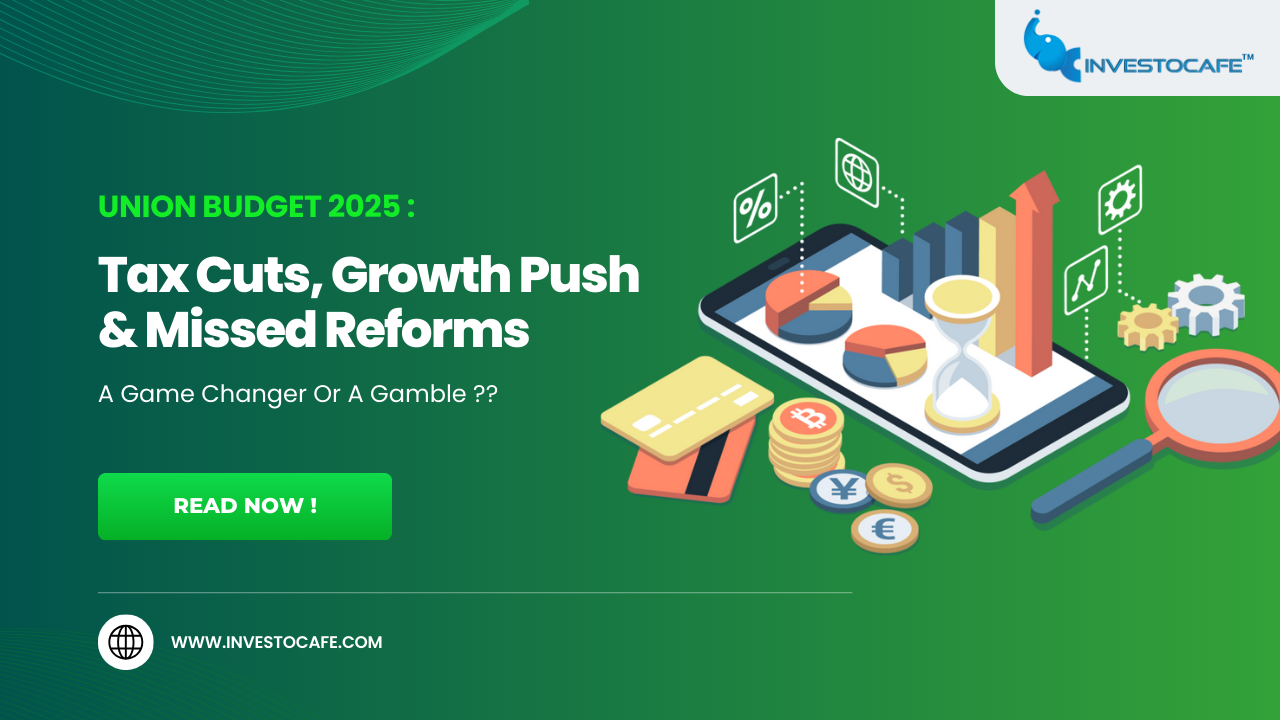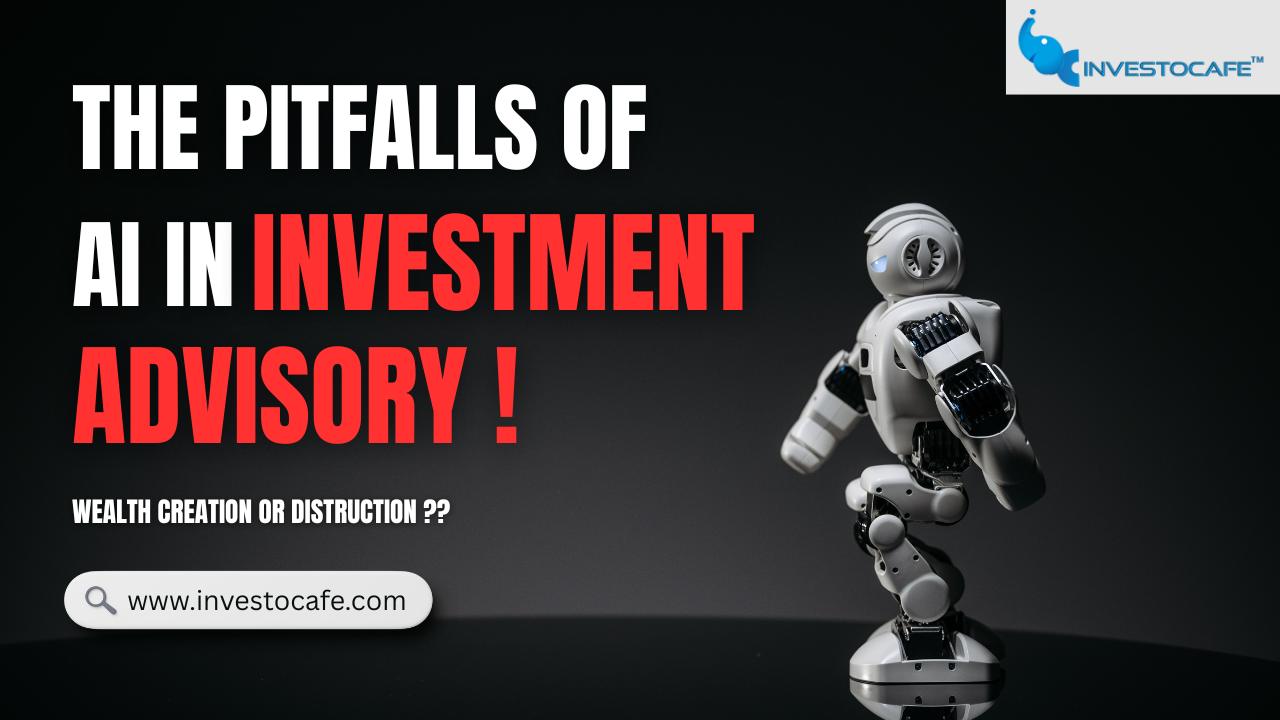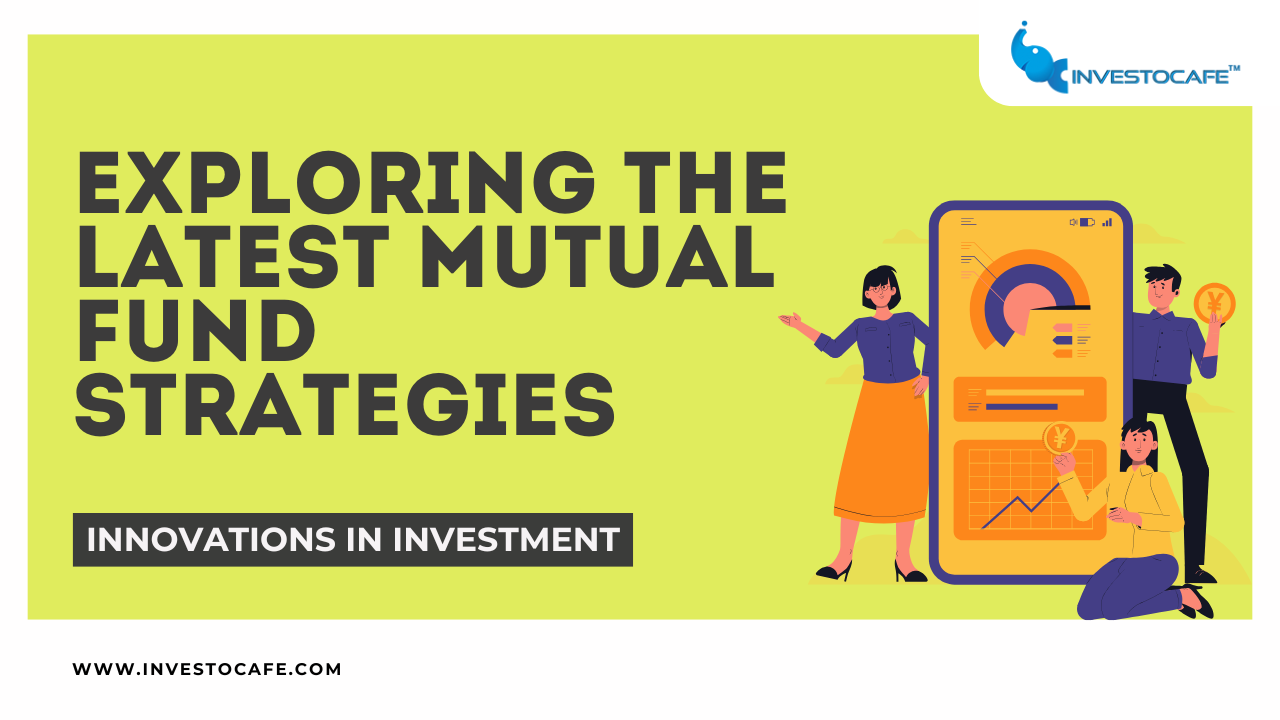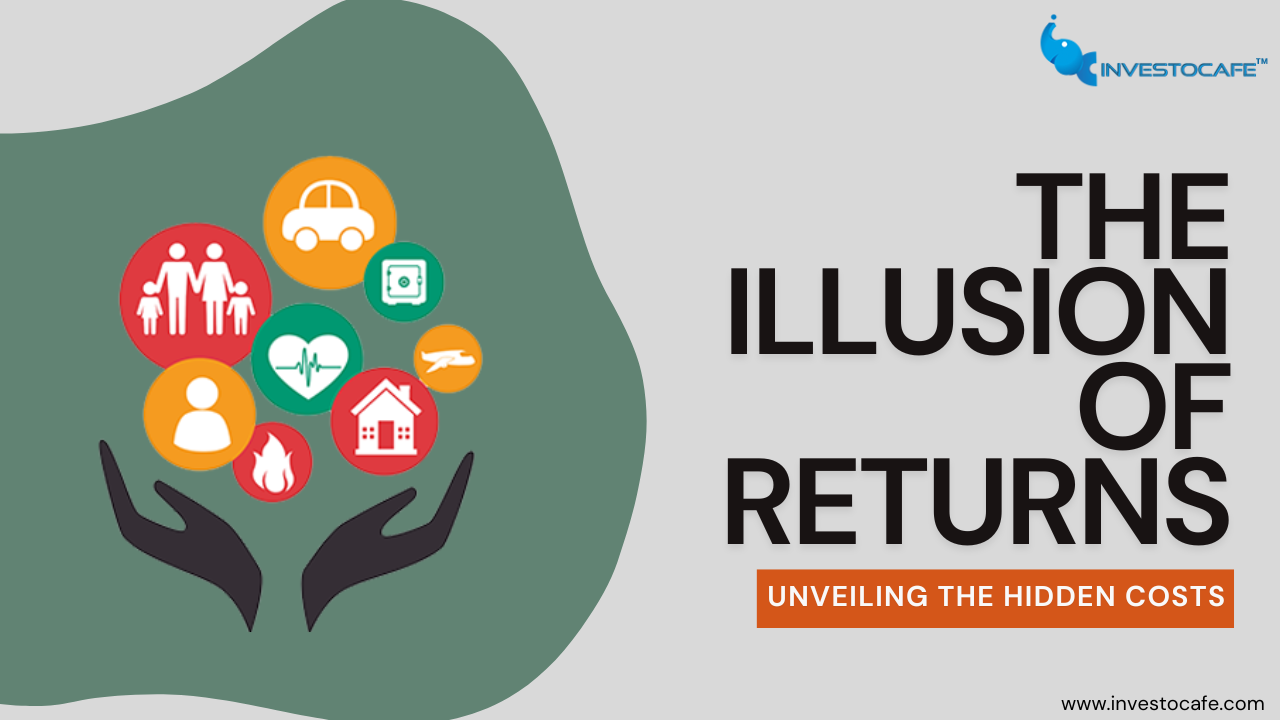
Did War Make Your Portfolio Sad??
 Shruti Sharma -
Apr 18, 2022
Shruti Sharma -
Apr 18, 2022
After going through a roller-coaster ride of COVID pandemic, we now are seeing a Russia-Ukraine conflict and it is difficult to predict if it will end quickly, or if it will rage on indefinitely, or if more nations will get involved. This is a gloomy and uncertain situation, and it is important to have a thought over it; what should investors do? Investors begin to have questions about the future of markets during times of crisis, and some even act as if they don't know if there will ever be a rebound.
War-led market corrections are repetitive
Global markets have been spooked by the potential negative consequences of war. In the connected and globalized world, it is difficult to stay untouched from such big global event. When you step back and look at the financial history of wars and crises, one thing becomes clear: while the market crashes triggered by these statistically rare events are sudden, sharp, and cause a lot of volatility in the short term, there is almost always a strong recovery that propels equity markets to new lifetime highs. Since April-1979, tracing Sensex history; out of approximately 9983 trading days, Sensex rose for 5302 days and fell for 4681 days. It looks fairly close and traders may feel that anything can happen on any day, long term investors of years or decades know that it pretty much will go higher.
Many examples can be found in recent history:
• The Sensex dropped from the 4000s to the 2700s in a few of months during the Asian debt crisis of 1997-98. The index then soared to about 5,900, more than doubling from its low point.
• Then followed the Dotcom crisis in 2000 and the 9/11 events in 2001, which were a double punch. The Sensex has dropped to 2600 from its previous high of the 5900s. Those who invested during that difficult time were richly rewarded when the Great Indian Bull Run of 2003-2007 propelled the Sensex beyond 21,000 points.
• Many of you have personal experience with the global credit crisis, which caused the 2008-09 recession. The Sensex plummeted from a peak of 21000 to 8,000 in a year. However, the comeback was an almost unidirectional upward ride reaching 40000 by 2019.
• Finally, the ongoing pandemic frightened the markets, which dropped 30-40% in a month (March 2020). In just a few weeks, the Sensex had dropped below 25000. After that, it bounced back to 62000 a few months ago.
Markets, however, usually recover. And when they do, those who invested during the difficult times will be rewarded handsomely.
Never stop investing/ SIPs
Markets have seen many wars, recessions, and geopolitical crises in the past. They do, however, always bounce back. This time shouldn't be any different. Investors have a tendency to fret, overreact, and take action when there is a lot of bad news circulating about and markets are performing unpredictably. This, on the other hand, is exactly what you should avoid. Use these tips to assist you through the market's turbulence. Markets make a comeback and there's no need to be overly concerned about the news headlines. If you look at market history and what occurs after bad news stops coming in, you'll notice that markets always recover quickly after a crisis.
Use this opportunity to buy more: Winston Churchill once stated, "Never let a good crisis go to waste." That adage is certainly true when it comes to investment. So, if you're investing for the long haul, just keep doing what you've been doing. There are no changes to your investment strategy that are required. In reality, the stock market's decline is a fantastic opportunity to buy at a reduced price.
Think long-term & remain focused on your goals:
Even though no one wants a war or crisis to persist, if it does and markets continue to fall, it will be a blessing in disguise for long-term investors in the accumulation period. Some investors' portfolios currently may be in negative territory. And there's no reason to believe they won't go further lower. But, once again, history shows that these occurrences have a short-term impact on market long-term trajectory. As a result, you'd be wise to stay focused on the long term and take advantage of the current market conditions.
So, if you're using SIPs to help you achieve your goals, keep doing so. If you have a new surplus, consider investing it in equities over time. Check your asset allocation and realign it if the market decline has significantly lowered the equity proportion.Markets always make a comeback. So, plan ahead and invest extra, if possible, when the market dips. When there is a rebound, you will be benefitted.
Seek professional help if need be; Contact Investocafe to avail in-depth details about wealth management & investment funds.
Know your risk profile at https://investocafe.com/
Contact Us @ 7224051610 or write at info@investocafe.com
5 Financial Mistakes while Investing for Children
Read Now https://investocafe.com/blogs/blog_detail/5-mistakes-while-investing-for-children
To get in touch please visit us at investocafe.com

